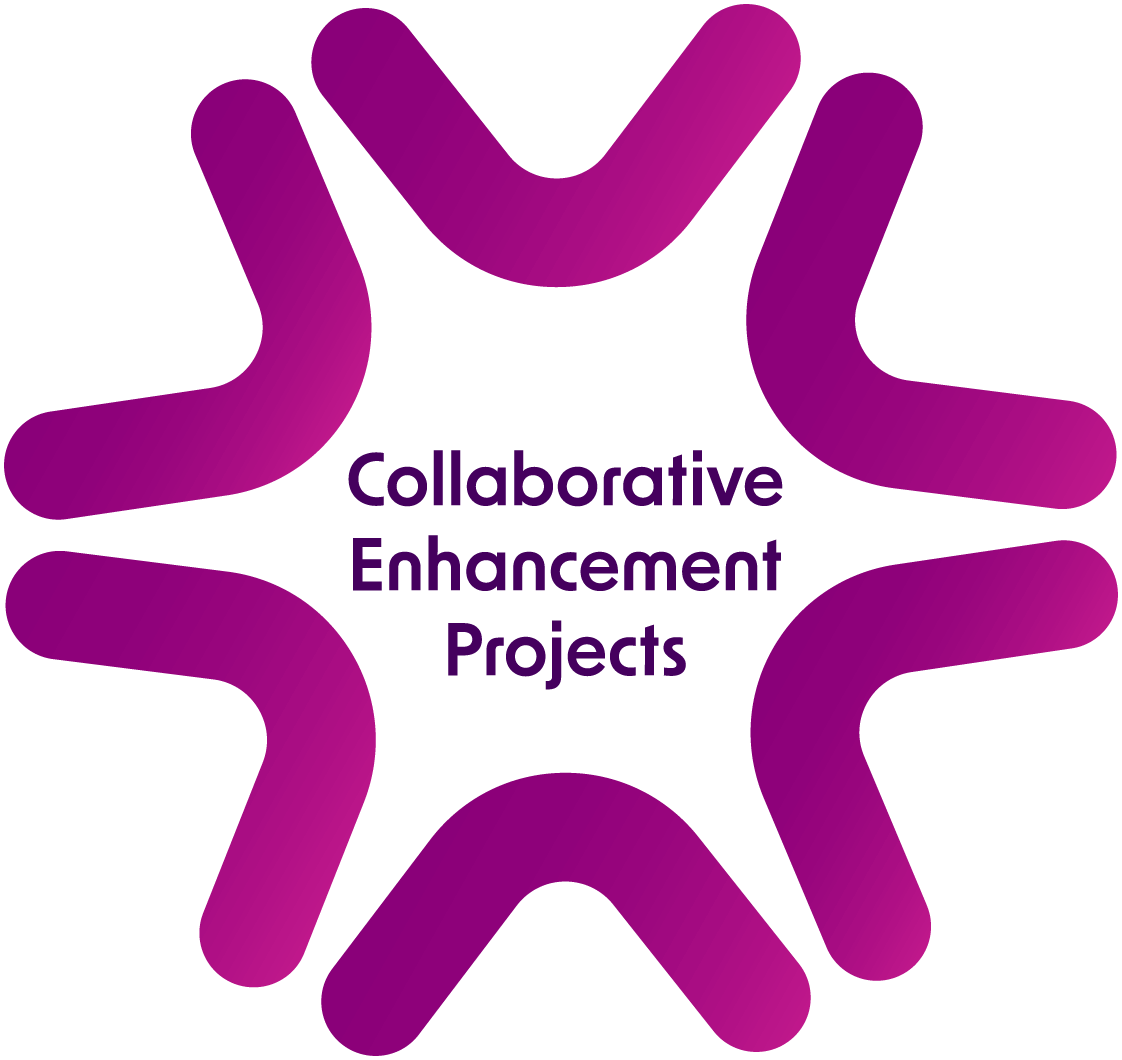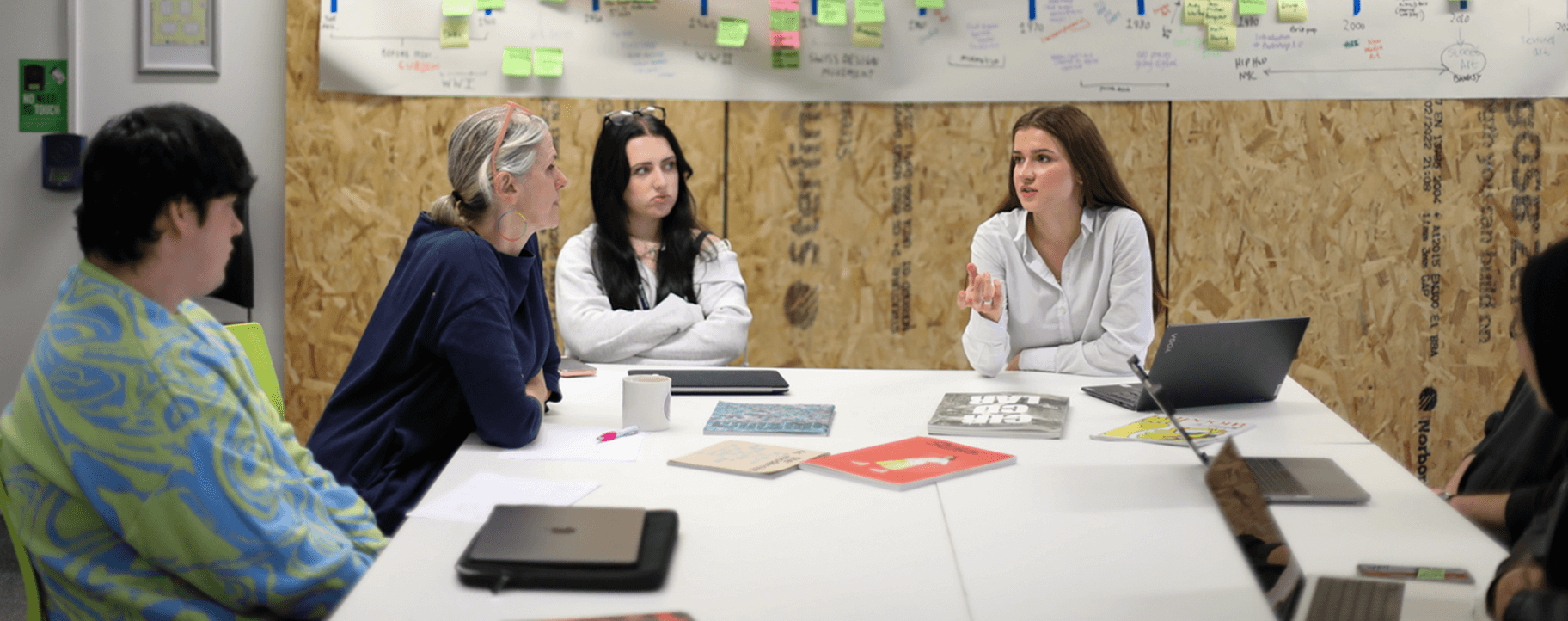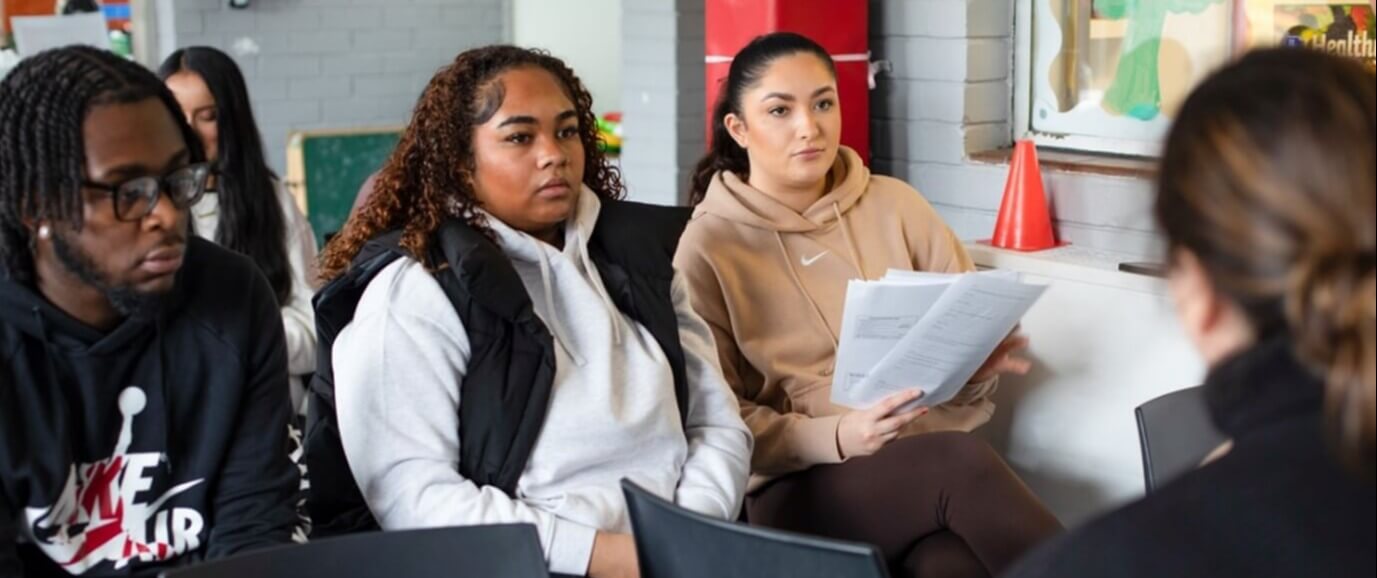
This QAA-funded Collaborative Enhancement Project (CEP) explored an innovative observation model in which students and staff co-observed and co-reflected on learning and teaching, empowering students and staff and driving meaningful improvements in the classroom.
We spoke to Professor Matt O’Leary from Birmingham City University about his experience of leading the project.
What was the focus of the project?
Our CEP project explored how student-staff collaboration can transform teaching and learning, through the development of a new model of observation: the Cycle of Collaborative Observation (CoCO).
Often, staff and students can feel a ‘divide’ between them. However, through our student-staff collaborative observations, we saw the potential to create a learning environment where both staff and students contribute equally to the teaching and learning process. This was liberating for us as staff, and for our students as well.Loughborough University staff

How did you find being involved with the project?
I’ve worked with many different funders throughout my career in higher education and I can safely say that QAA has been the most proactive and supportive. Right from the beginning, they were genuinely interested in the project and looked for opportunities to disseminate the work across the sector. Being part of QAA’s membership network has helped raise the profile of the project and maximise its reach and impact.
Has it influenced the way you, your team or your institution work?
It has developed a collective awareness of the importance of developing meaningful, authentic pedagogical relationships between academic staff and students. Students feel empowered to speak up and take a leading role in their own education, and there are valuable opportunities for enhancing the professional learning of staff.
The key points I took from this project were how positive relationships can be built between students and lecturers, the privilege of being in a position to support both learners and lecturers, and how empowering this collaborative work can be for everyone involved.Birmingham City University student

What other impact has the project had?
It enabled staff and students to develop a better understanding of each other’s perspectives. The real testament to meaningful student-staff collaboration is the commitment many of our project participants have made to continue working together after the project finished.
The experience was overwhelmingly positive and empowering. Face-to-face interactions with students allowed us to clarify feedback in real time, discuss potential actions together, and ensure solutions were mutually agreed. In contrast, traditional anonymous feedback can be frustrating, with no way to clarify meaning or confirm that actions align with students’ expectations.Loughborough University staff
Collaborative feedback, however, enabled us to build a joint action plan that integrated both teacher and student perspectives, resulting in more meaningful and effective improvements to the teaching process.
Interested in applying for a Collaborative Enhancement Project?
In addition to funding, successful projects gain a platform to share their work across the QAA Membership community and beyond. Teams are asked to produce flexible, engaging outputs - like blogs, podcasts, workshops, or videos - that communicate learning in accessible and creative ways.
Funding can support a wide range of costs, including student collaboration, research, software, events, and knowledge exchange.
Please note: full members can lead a project, while introductory members can only be a partner. The application form and full guidance are available below. Applications are open until 20 October.